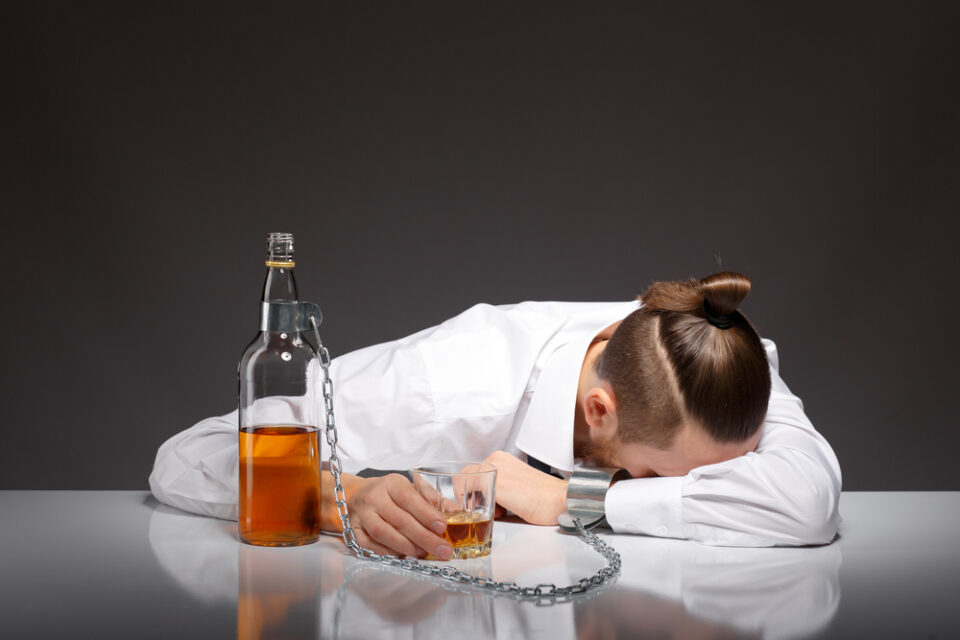Alcohol withdrawal symptoms arise when a person is suddenly unable to drink alcohol after a period of excessive and/or continuous consumption. The severity and duration of the withdrawal process will differ according to the individual and the amount of alcohol ingested. It should be noted that alcohol withdrawal can be harmful and should be closely monitored by a medical practitioner.
The Alcohol Withdrawal Stages
1. Withdrawal:
This phase generally starts 6-12 hours after the last drink and can last up to 24 hours. Symptoms during this period may include anxiety, restlessness, agitation, nausea, vomiting, and sweating.
2. Acute Withdrawal:
This phase typically occurs between 24-72 hours following the last drink and can last up to a week. During this stage, symptoms may include an increased heart rate, high blood pressure, tremors, sleeplessness, and a sense of “electricity” throughout the body.
3. Prolonged Withdrawal:
This stage can last weeks or months and is marked by lasting symptoms like anxiety, sadness, lethargy, and cravings.
Alcohol Withdrawal Therapy

Before attempting to detox from alcohol, it is critical to contact a medical practitioner. Medication to alleviate symptoms of alcohol withdrawal can be used, as can a supervised detox program.
Medication-Assisted Treatment:
Benzodiazepines, for example, can be used to alleviate the symptoms of alcohol withdrawal. This form of treatment should always be supervised by a doctor.
Detoxification from alcohol under supervision can make the procedure safer and more comfortable. An individual in a supervised detox program is watched by medical professionals and given drugs as needed.
Aftercare:
It is critical to continue with a treatment plan like counseling or therapy after detoxifying. This can assist to lower the chance of relapse and guarantee that the individual can maintain long-term sobriety.
Conclusion
Alcohol withdrawal is a severe ailment that, if not handled appropriately, can be fatal. Before attempting to detox from alcohol, it is critical to contact a medical practitioner. Medication to alleviate symptoms of alcohol withdrawal can be used, as can a supervised detox program. To achieve long-term sobriety, it is critical to follow up on detox with a treatment plan such as counseling or therapy. Conduct thorough online research to learn more!

